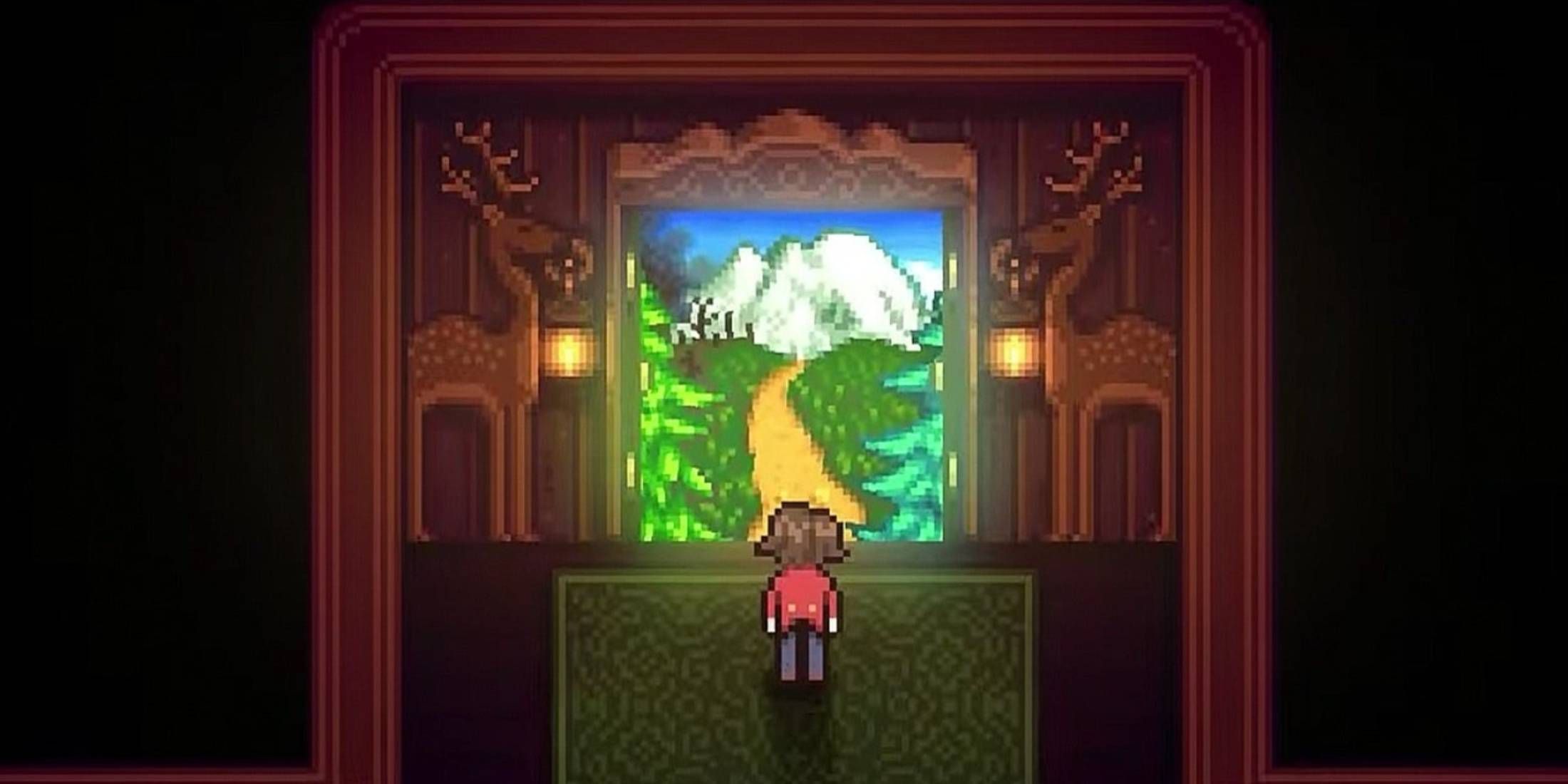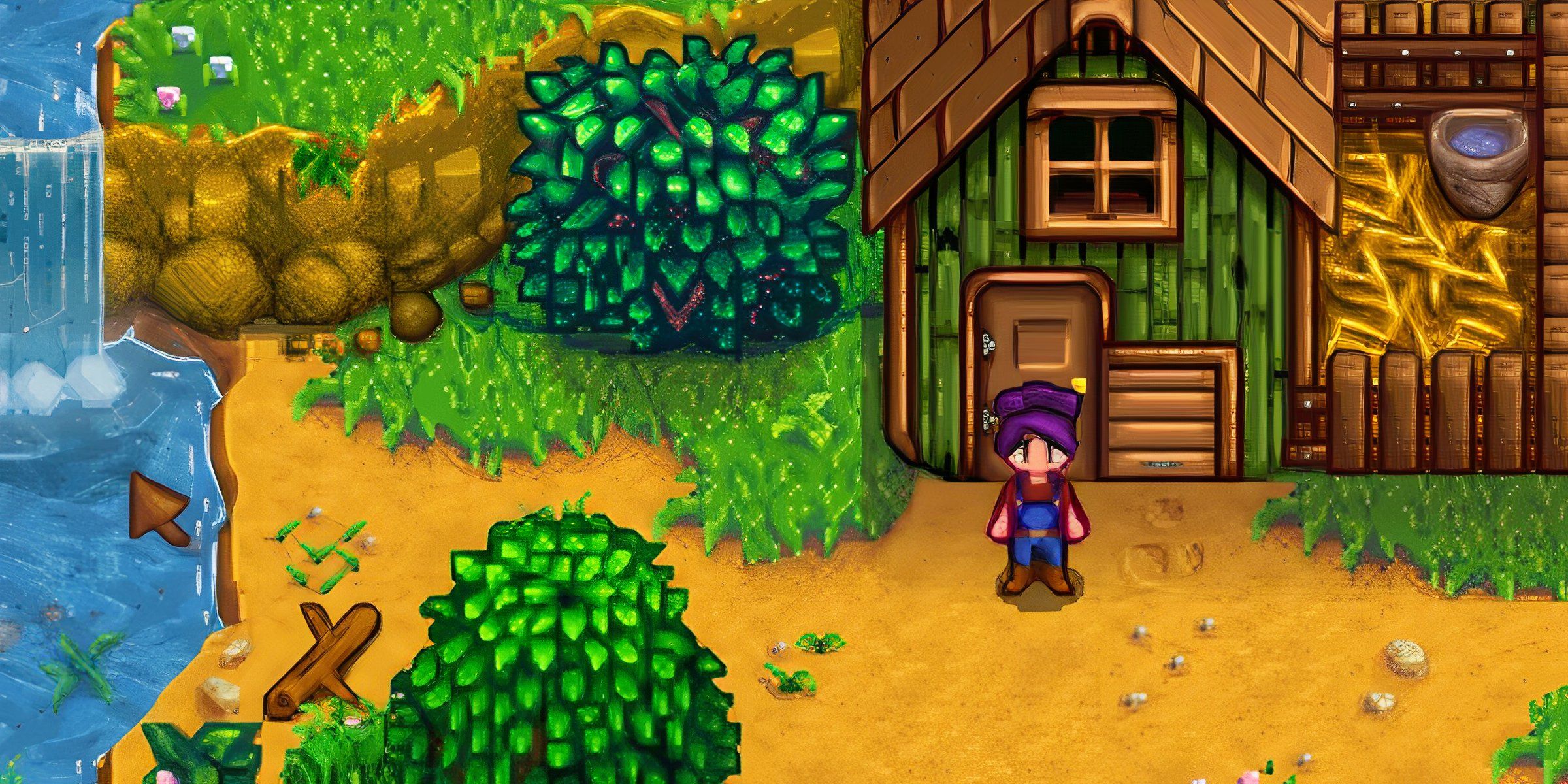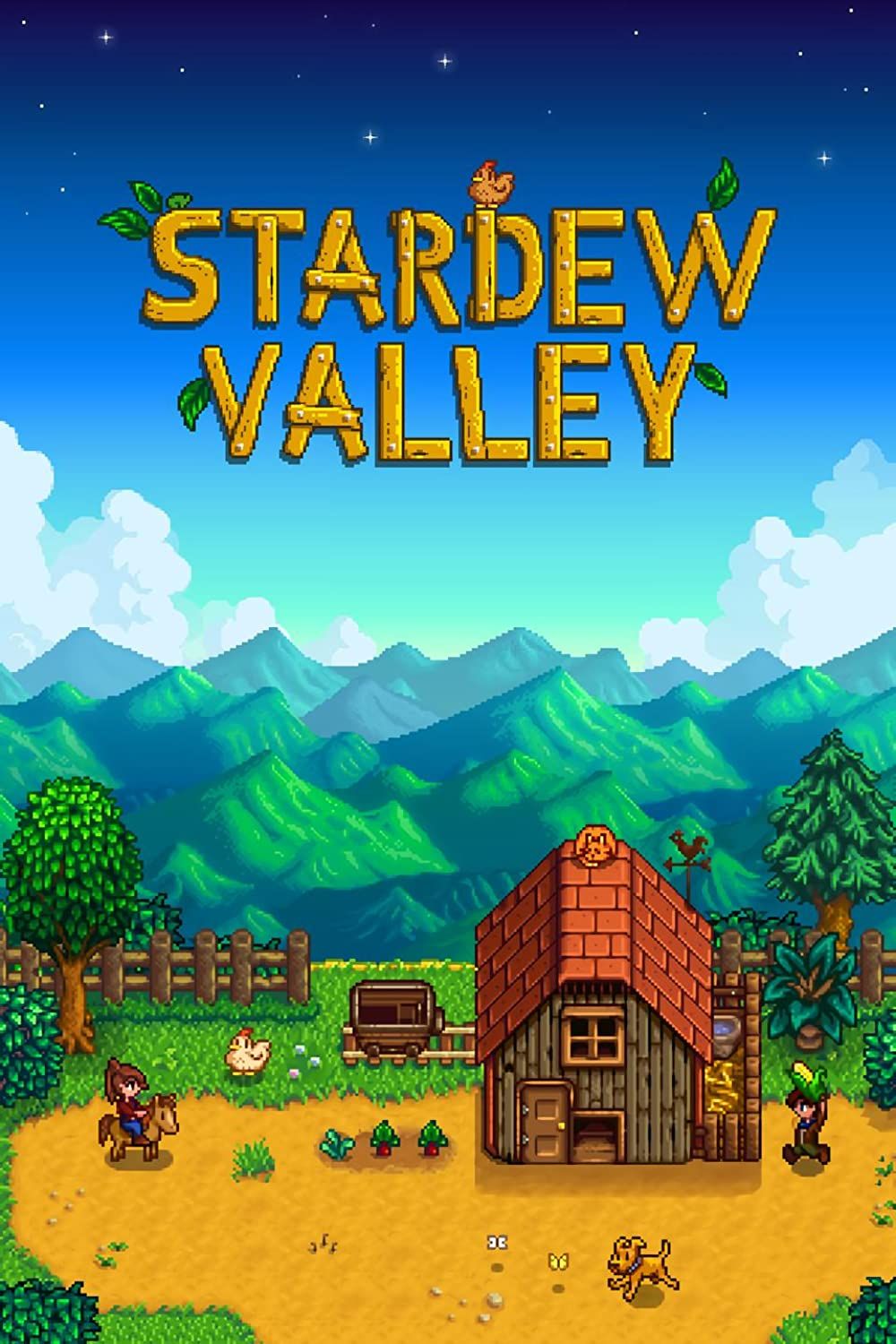Cozy games are classified as "cozy" for a reason. They are largely meant to be highly accessible experiences that put very little pressure on players to do one thing or another, all while generally being as shallow as possible to avoid any confusion about their worlds and narratives. This allows players to pick them up and put them down with ease, never starting a play session out of obligation but primarily out of a desire to briefly escape the chaos of their own world for some time in a less demanding virtual reality where even the most mundane tasks are fulfilling. ConcernedApe's popular farming sim game, on the other hand, is a different story.
Despite being a cozy game itself, Stardew Valley digs far past the surface that most other games in the genre tend to favor, with much more than mere satisfying gameplay to offer. Stardew Valley has an extensive amount of lore hidden in its world, despite being one of the most relaxing games of the last decade. In a way, it is Stardew Valley's penchant for keeping secrets that makes its lore all the more intriguing, and it is this quality that ultimately sets it apart from other games in its genre and effectively establishes a blueprint that future cozy games would be remiss not to follow.

Stardew Valley's Oddest Customization Feature is Perfect for Haunted Chocolatier
One Stardew Valley customization option seemed almost superficial, but Haunted Chocolatier could make that same option very important.
Future Cozy Games Should Observe Stardew Valley's Approach to Lore
Stardew Valley's Lore Has a Surprising Amount of Depth to It
While more casual Stardew Valley fans may not be aware of just how deep its lore goes, the popular cozy game's hardcore audience has been entertaining theories and keeping discussions ongoing for years. Stardew Valley's Pelican Town is chock-full of secrets, and its residents are not excluded from that. In fact, much of Stardew Valley's lore can only be uncovered by gaining affinity with its characters and then speaking with them or witnessing their heart events. For example, one of Stardew Valley's most popular theories involves the identity of the Wizard's daughter.
As players develop their relationship with the Wizard in Stardew Valley , he reveals that he has reason to believe one of the residents of Pelican Town is his daughter.
Over the years, Stardew Valley's biggest fans have decided this is most likely Abigail, as her mother, Caroline, talks about taking "secret walks to the Wizard's tower" when she and her husband, Pierre, first arrived in Pelican Town. This, in addition to Abigail being very different from Pierre, her father, who also mentions at one point that Abigail looks nothing like him, all but confirms she is the Wizard's daughter. This is all a great example of how Stardew Valley unveils its lore — rarely being outright about it, requiring quite a bit of investment from players, and always leaving them guessing in the end.
Stardew Valley Only Subtly Hints at the Lore Beneath Its Surface
While attempting to mirror Stardew Valley's love for lore would be beneficial for any future cozy game, it is the game's methodical approach to revealing its lore that should be considered. Stardew Valley is seldom upfront about itself and prefers to keep its cards close to its chest, much like its developer, Eric Barone, is with his games. However, Stardew Valley has ultimately benefited from this strategy, as hardcore fans of the game have essentially kept it alive through the years by continuing to dissect its world and uncover its many mysteries.
If future cozy games can glean anything from Stardew Valley, it is this affinity for the cryptic, this reluctance to be exposed, as it establishes a much larger world than the one readily seen on the screen. This not only encourages long-term investment from its players but also allows Stardew Valley to maintain its cozy facade and highly accessible nature for those who prefer a shallow, surface-level experience.




